The Unfolding Story of the Universe: A Conversation with Mary Evelyn Tucker and Julianne Warren
By Sam Mowe
Garrison Institute
July 20, 2016
https://www.garrisoninstitute.org/blog/unfolding-story-universe/
In their Journey of the Universe project—which includes a film, book, and website—philosopher Brian Thomas Swimme and historian of religions Mary Evelyn Tucker attempt to tell the biggest story ever told: the history of the universe. Through a compelling blend of scientific facts and humanistic inquiry, they move from exploring the formation of the galaxies, stars, planets, and evolution of life on Earth to reflecting on the role of humanity during our current moment of social and ecological challenges.
One person whose work has been deeply influenced by the Journey of the Universe project is writer and ecological thinker Julianne Warren. In her different projects exploring the Anthropocene, Warren has used Journey of the Universe as a touchstone while she asks questions about hope and human responsibility.
I recently spoke with Tucker and Warren by phone to discuss some of the big ideas explored in Journey of the Universe, such as the transformative power of story, the relationship between science and the humanities, and how we can create meaning in the space between knowledge and mystery.
Sam Mowe: Mary Evelyn, you’ve written that “the universe is not simply a place, it’s a story.” What do you mean by that?
Mary Evelyn Tucker: I’m suggesting that an unfolding narrative is one way of looking at the evolution of this 14 billion year old universe. Maybe the universe is best understood not as discrete incidents of evolution, but as a whole unfolding dynamic and developmental process, which is like a story. If you look at the universe as a place, it can feel a little bit static. Alternatively, we can begin to see ourselves as part of a dramatic story that’s still unfolding and in which we have a part to play.
It’s important to note that the understanding of evolution is only about 150 years old in human consciousness since Darwin’s Origin of Species. Developmental time is something human consciousness is just beginning to grasp. And, in a certain sense, this understanding allows us to be co-creators with this process.
Sam Mowe: How does understanding the universe as a story change our relationship with it?
Mary Evelyn Tucker: This epic story of evolution has an amazing potential to activate wonder, awe, and beauty that can sink into our bones and muscles. It’s a story that can physically activate the energy of love for the beauty of ongoing life and the continuity of what’s right in front of us. This possibility of activating a zest for life can give us the energy for doing the transformative work required to honor that beauty—whether it’s conservation, education, political work, protest work, or whatever the realm is.
The deepest sources of human energy come from story. Recently, Peter Crane, the dean at the Yale School of Forestry and Environmental Studies, gave a talk on his life work on the history of angiosperms, namely flowering plants. He explained that these plants—of which there are over 250,000 species—have a history of some 145 million years. What paleobotanists are able to do now is actually unpack the fossil record and recreate—through the help of technology—the flowers, the pistil, the stems, and the rest. So he showed us this 100 million year old flower bud, which was opening in this wonderful kinetic way, and it kept opening and opening and opening. It was completely riveting for the audience. It was one of the most spectacular things I’ve ever seen.
So now we’re able to visualize the extraordinary power of deep time. There’s an invitation here to think about how these species have emerged and changed over deep time.
Julianne Warren: I think that the way we integrate technology and creativity with our stories makes all the difference. The 20th century American literary ecologist, Aldo Leopold, observed a cultural cleavage in his best-selling book, A Sand County Almanac. In some peoples’ stories, he explained, science is the sharpener of their swords. For others, science is a searchlight on their universe. In other words, science can help us invent tools for conquering land and each other. It can also stimulate humans’ curiosity and wonder—as at the opening of an ancient flower bud—deepening our understandings and our skillful affection for all, as well as for appreciating mystery and our own ignorance.
Sam Mowe: There have been different cosmological stories told about the universe in various cultures around the world throughout history. One thing that makes the Journey of the Universe story different is that there is scientific evidence to back up the narrative. What do scientific facts add to the story?
Mary Evelyn Tucker: Scientific facts ground the story so that humans can enter into the creative processes of evolution. For example, the self-organizing dynamics of the universe that give rise to galaxies and stars stagger the mind and light up the imagination. And the imagination is what can connect us to understanding and interpreting these processes. So I think our challenge is to take the scientific knowledge and make it into wisdom, make it into something we can reflect on. When we look at pictures from the Hubble telescope, that’s contemplation. You get the feeling of, Wow, was I birthed out of these systems? The stars really are our ancestors—literally and metaphorically.
Julianne Warren: I would add that the rising understanding that humans have a large influence on the planet—its climate, soils, biodiversity, and so on—also presents a great irony. This is one irony of the Anthropocene: We can’t control Earth the way that some of us thought that we could. The very science and technology applied to control the planet has revealed people’s inability to do so. And, everyone is, in a sense, trapped in the unintended, unwanted consequences of past human actions.
Another Anthropocene irony—one that unfetters us—is that while members of the dominating culture have considered themselves superior to the rest of nature and have tried to apply science and technology to set ourselves safely apart, what we are discovering is that we are inalienable. Though human influence is felt everywhere, human beings are embedded in a still-wild Earth. This means that we need to understand our mutual interdependencies better so that we can participate more generatively within the ecosphere.
Sam Mowe: This is interesting because initially I was thinking that you might be using scientific facts in Journey of the Universe as a strategic way to reach people, because many people take science more seriously than other modes of knowledge. Listening to you now it sounds like you’re saying the scientific dimensions of the story, if told in a compelling way, have a special kind of power.
Mary Evelyn Tucker: Yes, that’s right. It’s worth pointing out that Brian Swimme and I took the science very seriously. This project was ten years in the making because we wanted to get the science right. We worked in the summers for a number of years with a group of scientists and we would go over different parts of the story. A number of scientists read the manuscript. The book was published in the science division of Yale University Press, and that’s not easy. So the science is very tight in terms of its factual accuracy.
In each chapter there’s a scientific fact. There’s also a metaphor—such as the similarities between a whirlpool and our breath—that points towards meaning or how human beings fit in. So the scientific fact looked at metaphorically can capture the human imagination. From there we explored ideas such as connectivity, relationality, and complex interdependence.
Julianne Warren: This approach invites people to look at how science actually works and then reflect on how it can be part of a story that has meaning. It’s not static because we’re always discovering new things with science. And each time we discover something new, if we want to live generatively, we have to reorient ourselves to be more in tune with the new knowledge. Since we don’t know everything, and the story is so big, a lot of different points of view can take place within it, space opens up for imagination regarding ways to do that, including fueling new questions for science to explore.
Sam Mowe: It sounds like science offers the foundation of the story, giving us factual knowledge, and that the humanities are employed to build on top of it with creativity and meaning.
Mary Evelyn Tucker: What we are really trying to do with Journey of the Universe is create a new genre of a fusion of science and humanities. We’re not looking at science as just facts or numbers or equations or graphs, but science in relation to the humanities—literature, history, art, music, philosophy, and religion and so on. These are the disciplines that have tried to understand how humans have lived in the past and how might we live more integrally in the future. So Journey is a conscious fusion of fact, metaphor, and meaning. This can confuse people because they might think it’s just about science. Other people might think it’s only a spiritual vision. Actually it’s a more subtle and complex coming together of various disciplines.
I would also like to point out that we’re not trying to say that the Journey of the Universe perspective overrides longstanding cultural and religious systems that have given humans a sense of meaning, purpose, connection, and community. It is not a triumphal hegemonic science story. It’s one that respects traditional stories but sees the unifying potential of this great epic of evolution.
Julianne Warren: I have taught classes where, in between chapters of Journey of the Universe, we’d jump over and read some of Charles Darwin’s work from the Galapagos. This pairing has helped students see how a scientist might be filled with a sense of wonder and how he was giving meaning to some of the things he was learning. Darwin himself was taking bits of evidence about the relationships between different beings and putting the flesh of meaning on it by saying, We’re kin with all of life and, as kin, we can have empathy for one another.
At the same time, though, some of this thinking was applied to eugenics with this idea of the survival of the fittest. Science by itself doesn’t tell you what you should do with knowledge. You have to have other ways of knowing to blend with those observations in order for there to be meaning. We have been misusing science in order to misuse the earth. Now we have to pull ourselves back to contemplate new and fresh understandings combined with the desire to promote life.
Sam Mowe: This example highlights how, even though science does help provide a foundation of knowledge for us to interpret, there is still always so much we don’t know. I wonder if you might speak about the relationship between mystery and meaning. What is your process for creating meaning out of facts that can be interpreted in various different ways?
Julianne Warren: Let’s start from the stars as an example. The ways that gravity and fusion, supernovas and atomic dust combine to bring forth Earth. I just can’t stop thinking about it. There’s a paradox of wanting more knowledge, but at the same time enjoying how much I don’t know about it. In between the knowing and not knowing there is all this space for my imagination. The desire for simple answers is a way to try to control things. It doesn’t work. Instead we can try to embrace and dwell in ambiguity.
Mary Evelyn Tucker: I love this notion of ambiguity along with a search for meaning. I think that’s actually what creativity is. We don’t know from where a poem arises or the composition of music. Beethoven was deaf and he was still composing music. There is an idea that creativity arises from sources beyond ourselves. If we’re in tune with certain aspects of this living Earth system, we may pick up on something and then release a piece of art or music or whatever. But it’s all very staggering. Some scientists at Princeton recently told us that we don’t really understand how galaxies emerge, even though there’s been a lot of science on it.
Dwelling in mystery and being open to uncertainty is one of the great tasks of a human being. Eventually we can “live the questions,” as Rainer Maria Rilke said. Meaning is such a laden term, I hesitate even to use the word, but I do think that fundamentally we are meaning-making animals. We know that many other animals have communication and language and all kinds of creativity within their worlds, but the meaning dimension might distinguish us. And this kind of large-scale story opens us up to depths of meaning that we hadn’t really thought about before.
This speaks to our capacity for symbolic consciousness, which is a dynamic change engine because we are all moved by symbols. You can see this is why the advertising and media worlds are so powerful. But if we can create the connectivity to these interrelated processes and then begin to reflect on them symbolically and reconfigure our own social, political, and economic patterning in relation to the patterning of nature, then we’re releasing new kinds of energy for creativity.
Julianne Warren: I agree. At least around me, people who are dealing with confronting the realities that we’re faced with now sometimes don’t want to talk about what’s good about human beings. But we can rediscover that there are different ways to be human; there always have been. We don’t have to be dominators; we don’t have to have just simple answers. Even with climate change and the Anthropocene, there is still space to play together. Perhaps it’s never been more important to do so.
Mary Evelyn Tucker: Yes, there is the simultaneous awareness in our time of the beauty of evolution and deep time and, at the same time, an awareness of extinction and this destruction we’re causing on the planet. The whole process of evolution is threaded through with similar dynamics of loss and creativity. I think part of the joy that we’re trying to evoke in Journey is that loss and creativity go closely together. They’re intermingled and we can’t avoid that. The suggestion is that in between these forces we may find our way forward as a species.
https://www.garrisoninstitute.org/blog/unfolding-story-universe/






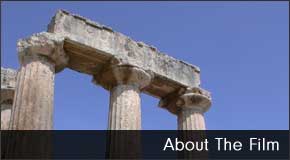
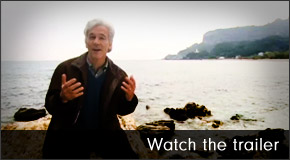
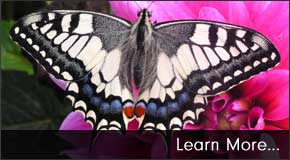
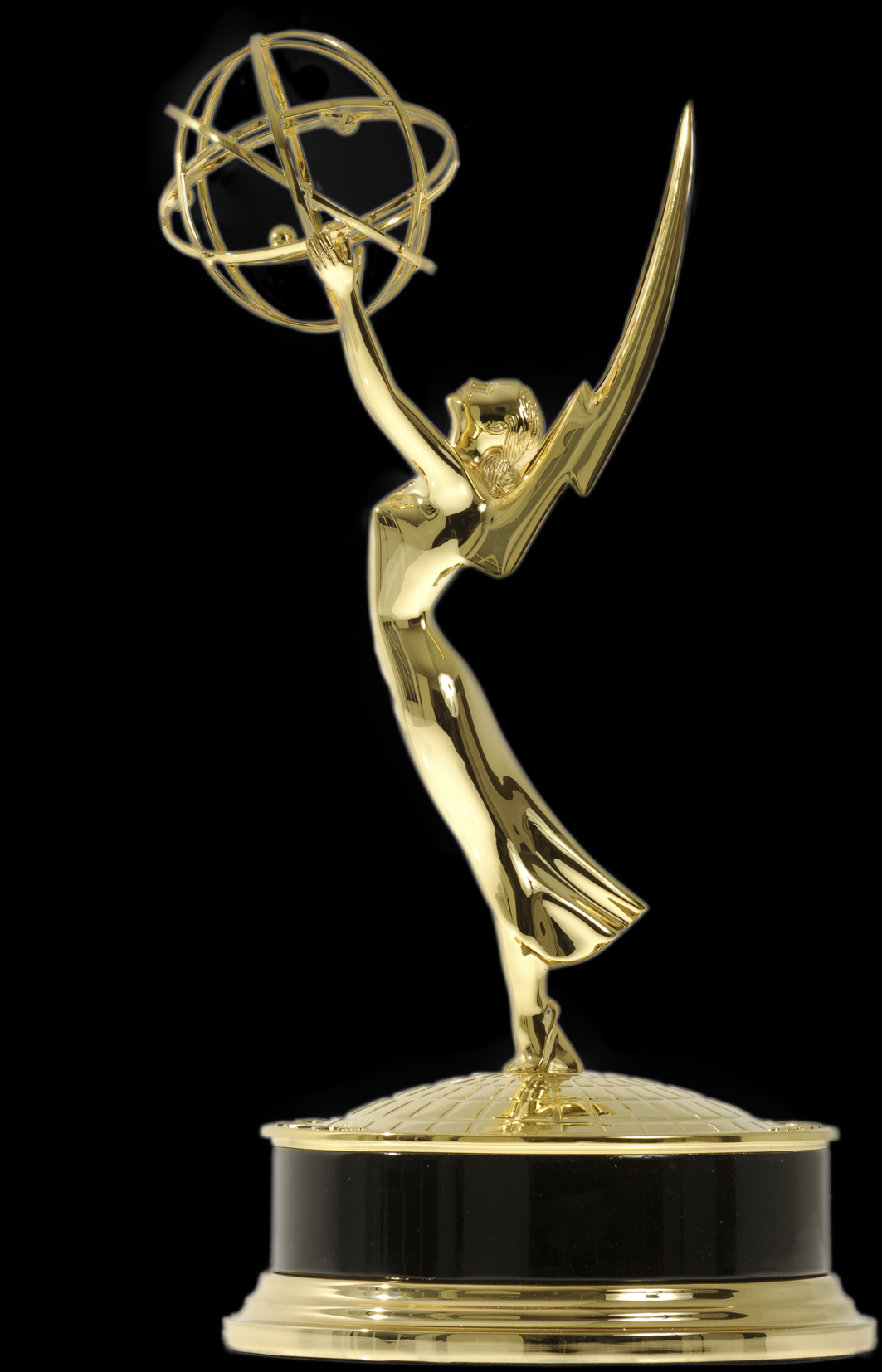
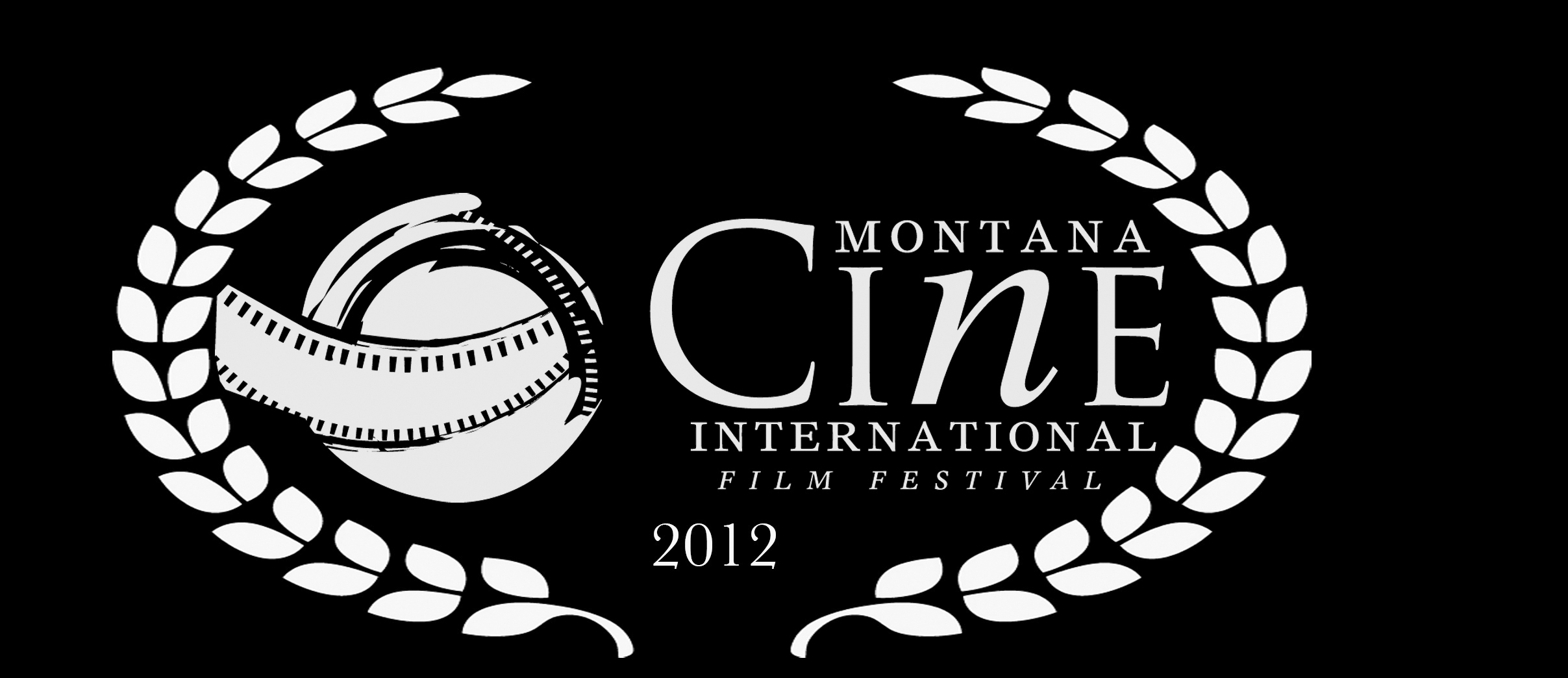

 Share Article
Share Article